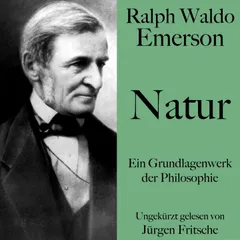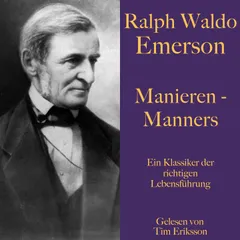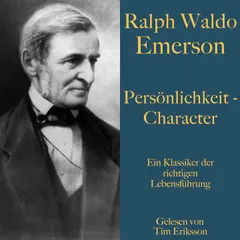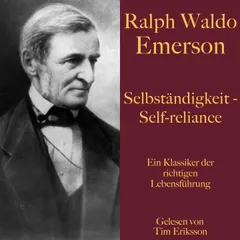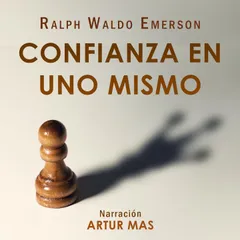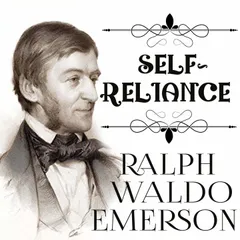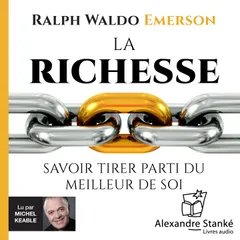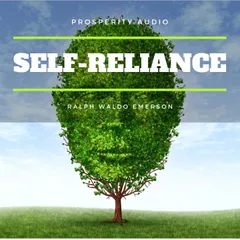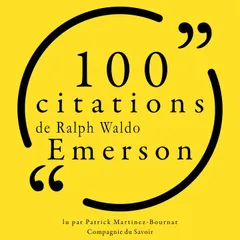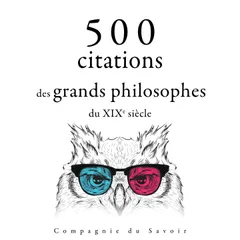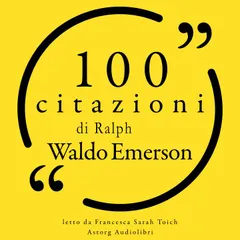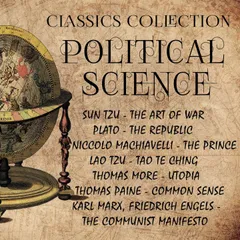- Hörbuch
- 2025
- 42 Min
- Strelbytskyy Multimedia Publishing
Keine Links vorhanden.
Titel
Nature
Beschreibung
Emerson's Nature is not just an essay—it's a rebellion against confinement, an argument against secondhand wisdom. He strips away artifice, forcing us to confront the raw, untamed presence of the world. To walk through the woods, he suggests, is to be undressed of civilization, to shed the weight of customs, history, and ego. Nature demands no commentary, no theory—it simply is.
This is not the sentimental nature of poets, nor the docile landscape of painters. Emerson's nature is unsettling, absolute. It dwarfs human concerns, shames our institutions, and reduces grandeur to irrelevance. It teaches, but never speaks. It heals, but never consoles. It is, above all, free—and it mocks those who try to own or define it.
He challenges us: why do we live in exile from the elemental? Why do we build palaces only to stare longingly at the horizon? The stars, the trees, the shifting light—they whisper something we've forgotten. To listen is not just to understand nature, but to remember who we were before we forgot to look.
Auf öffentlichen Listen dieser Nutzer
Dieses Hörbuch ist noch auf keiner Liste.
Produktdetails
Autor:
Titel:
Nature
gelesen von:
Sprache:
EN
ISBN Audio:
4069828278080
Erscheinungsdatum:
26. März 2025
Schlagworte:
Laufzeit
42 Min
Produktart
AUDIO
Explizit:
Nein
Hörspiel:
Nein
Ungekürzt:
Ja
Über den Autor:
Ralph Waldo Emerson (May 25, 1803 – April 27, 1882) was a writer, lecturer, and thinker who reshaped American intellectual life. Born in Boston into a family of ministers, he lost his father at eight and was raised by a fiercely determined mother. He attended Harvard at fourteen, briefly taught school, and then followed family tradition into the ministry. But the death of his first wife, Ellen, in 1831 shattered his faith in organized religion. He resigned from the church and set off for Europe, where he met the great minds of his time—Coleridge, Carlyle, and Wordsworth—who deepened his belief in individual thought over inherited dogma.
Back in America, he settled in Concord, Massachusetts, and became the leading voice of transcendentalism. His 1836 essay Nature called for a new way of seeing the world—one that placed intuition above reason and the divine within the self. His lectures and essays, including Self-Reliance and The American Scholar, urged Americans to trust their own voices rather than look to Europe for intellectual authority.
A magnetic speaker, Emerson crisscrossed the country delivering lectures on topics ranging from history to self-improvement. He mentored Henry David Thoreau and influenced countless others, from Walt Whitman to Friedrich Nietzsche. Despite his growing fame, he remained a private man, happiest in his study or walking through the woods of Concord.
In later years, his memory faded, and he quietly withdrew from public life. Yet his words endured, shaping generations of writers, philosophers, and seekers. His call for self-reliance and intellectual independence remains as relevant today as it was in his time.




